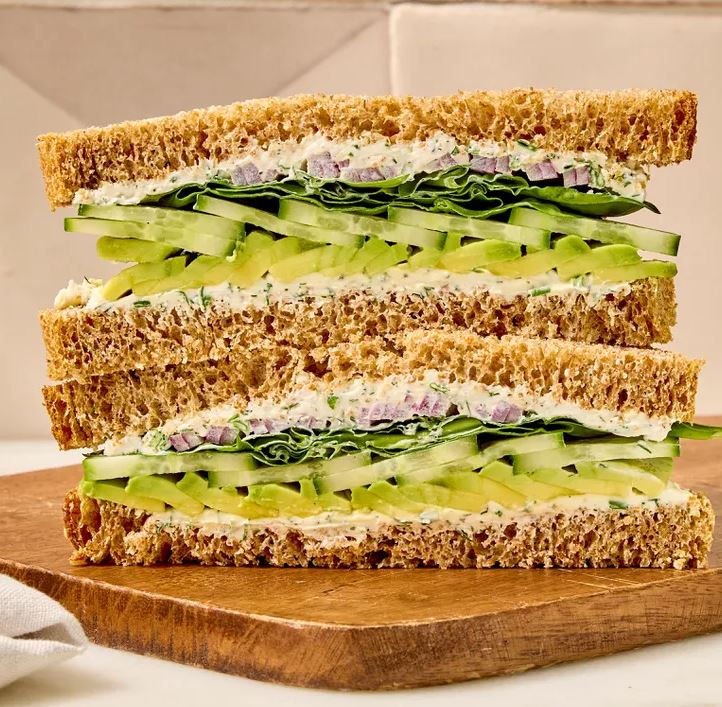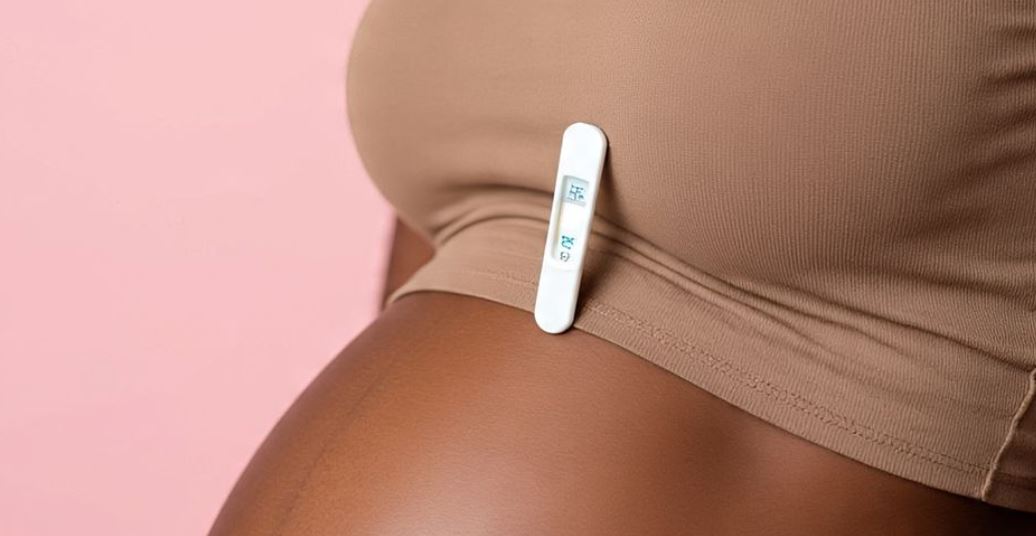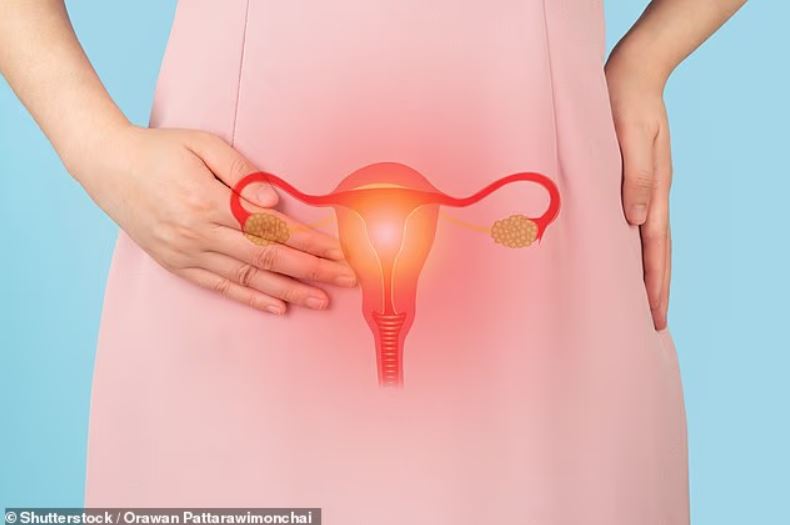The holy month of Ramadan is here, and following the sighting of the moon, Muslims across the globe have commenced fasting from dawn to dusk. During this sacred period, Muslims abstain from eating, drinking, smoking, and sexual relations from sunrise to sunset, with the goal of attaining greater spiritual consciousness and discipline.
Fasting during Ramadan offers various health benefits, including detoxification of the body. However, consuming unhealthy or unbalanced meals can lead to issues such as excessive weight loss or gain, dehydration, and digestive discomfort.
To maintain optimal health and energy levels throughout Ramadan, here are six foods you should avoid during both Sahur (pre-dawn meal) and Iftar (meal to break the fast)
Foods to Avoid During Sahur
1. Simple or Refined Carbohydrates
White bread, white rice, pastries, and other refined carbs digest quickly, providing only three to four hours of energy. Since they lack fiber and essential nutrients, they fail to sustain energy levels throughout the day, leaving you feeling weak and sluggish.
2. Salty Foods
High-sodium foods, such as salted nuts, chips, canned goods, and processed meats, should be avoided. Excessive salt consumption can cause dehydration and make you feel extremely thirsty during the fasting hours. Additionally, high sodium intake is linked to kidney stones, cardiovascular diseases, and high blood pressure.
3. Caffeinated Drinks
Coffee, tea, and energy drinks contain caffeine, which can lead to dehydration. Caffeine is a diuretic, meaning it increases urine production, causing you to lose fluids faster. It can also lead to restlessness and insomnia, making it difficult to get enough sleep before fasting resumes
Foods to Avoid During Iftar
4. Carbonated Drinks
Soft drinks and processed beverages should be avoided when breaking the fast. They can cause bloating, digestion issues, and dehydration. Instead, opt for water, fresh fruit juices, or coconut water to replenish lost fluids and maintain hydration levels.
5. High-Sugar Foods
While it may be tempting to indulge in sweets like chocolates, pastries, and cookies, these high-calorie, low-nutrient foods can lead to instant weight gain. They cause a rapid spike in blood sugar, followed by an energy crash, leaving you feeling sluggish.
6. Fried Foods
Deep-fried snacks such as samosas, spring rolls, and fries should be consumed in moderation or avoided altogether. These foods are heavy, high in unhealthy fats, and can cause indigestion, heartburn, and bloating. Instead, opt for grilled, baked, steamed, or shallow-fried alternatives for a healthier and more balanced diet.
Fasting during Ramadan can be beneficial for both spiritual growth and physical health—if done correctly. Practicing self-control and making mindful food choices during Sahur and Iftar will help maintain energy levels, prevent health issues, and ensure a fulfilling fasting experience.
By avoiding these six food categories and opting for nutrient-rich, balanced meals, you can stay hydrated, energized, and healthy throughout the month of Ramadan.
























